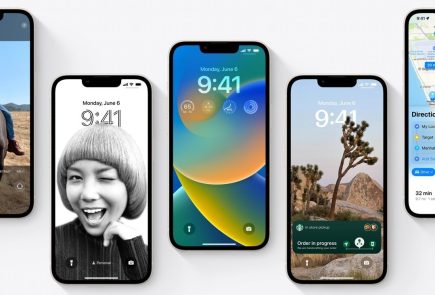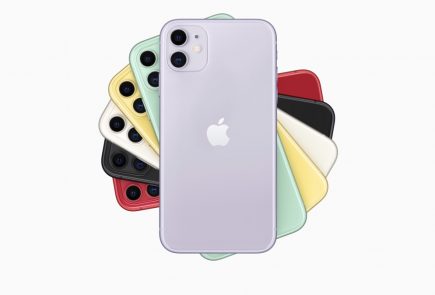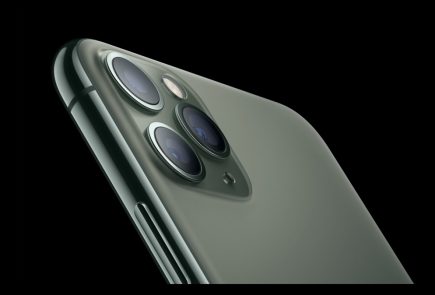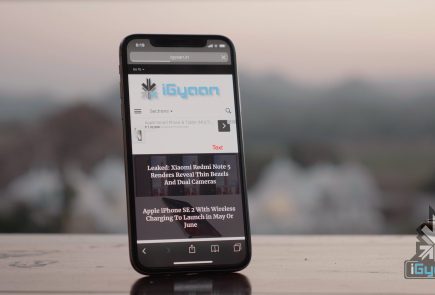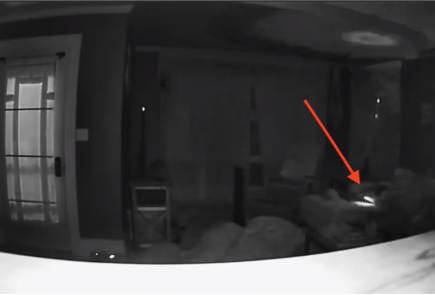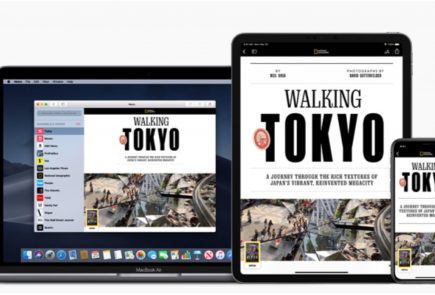Apple Says No To Revealing Personal Details of Users to Cops
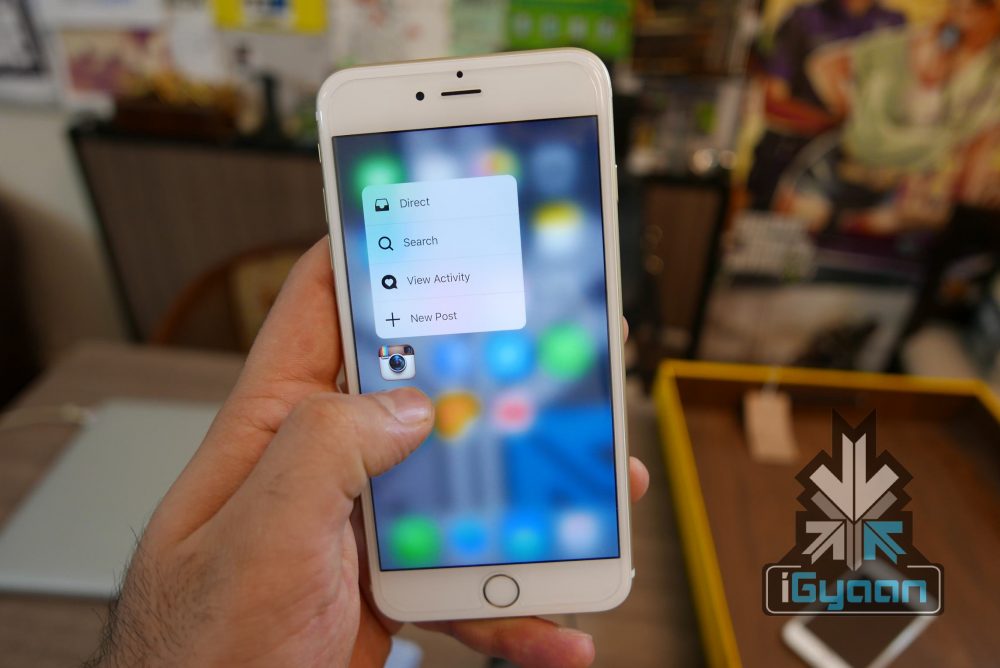
Apple drops a not-so-subtle reminder once again and says it cannot and will not reveal personal details of iPhone users to cops. It started with iOS 8 when Apple made it clear to law enforcement that it’s incapable of retrieving data from locked iPhones.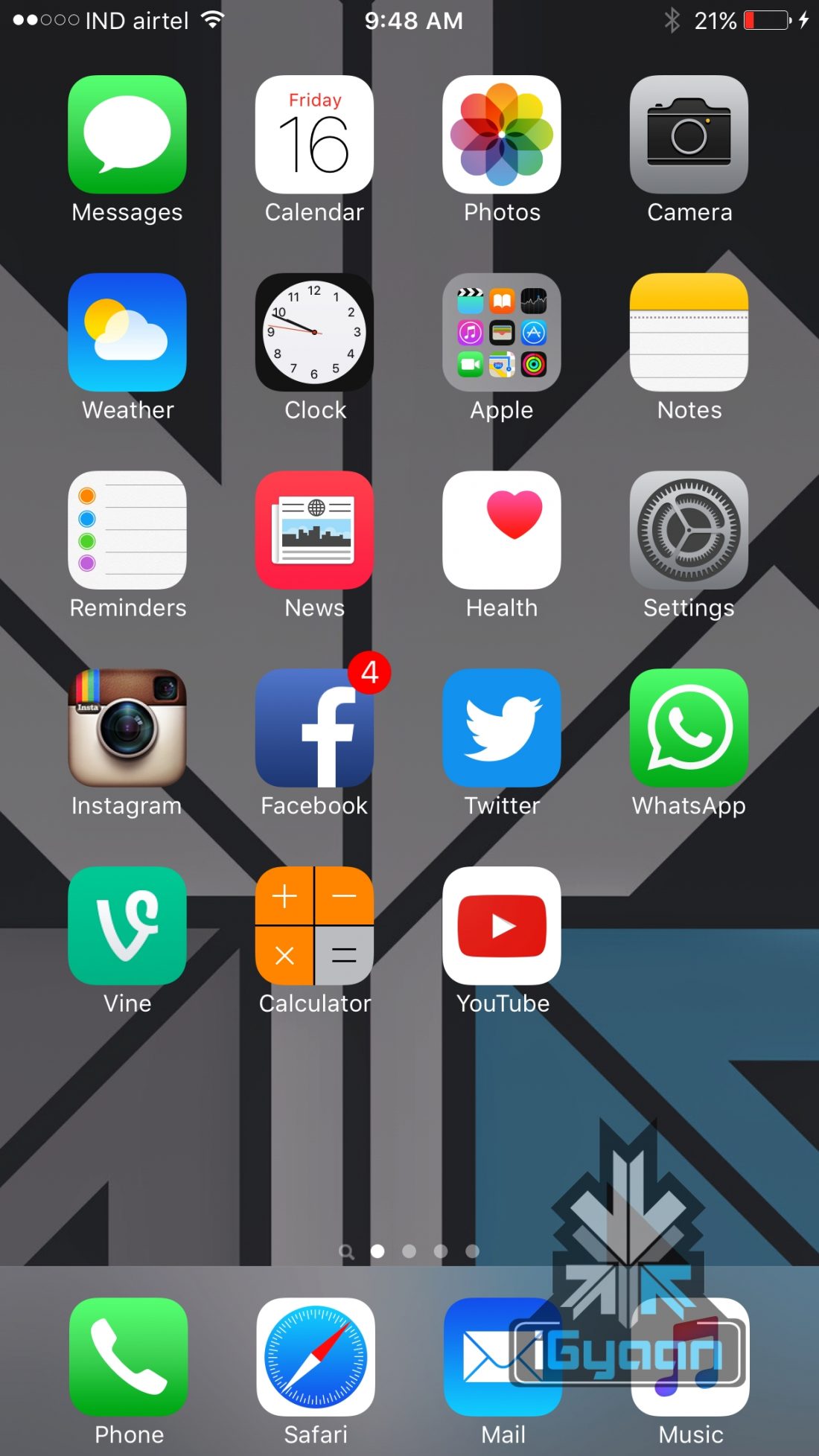
It was at the invitation of the U.S. Magistrate Judge James Orenstein and the Justice Department that Apple was asked to help extract information from a seized iPhone. The invitation led to the filing of the following brief by Apple:
In most cases now and in the future, the government’s requested order would be substantially burdensome, as it would be impossible to perform. For devices running iOS 8 or higher, Apple would not have the technical ability to do what the government requests—take possession of a password protected device from the government and extract unencrypted user data from that device for the government. Among the security features in iOS 8 is a feature that prevents anyone without the device’s passcode from accessing the device’s encrypted data. This includes Apple.
Apple is essentially confirming what we already know: there’s no backdoor built into iOS, meaning that in theory no-one can pull data off an iPhone running iOS 8 or later—the information is protected by encryption that is tied to the user’s PIN.
However it should be made clear at this juncture that because Apple refuses to dirty its hands with the deep, dark secrets of your phones, this in no way means that others can’t. When iOS first came out with its ‘improved’ security, security researcher Jonathan Zdziarski did a blog post revealing how some user information can still be grasped by the government.
Apple is being the knight in tin foil for iPhone users, promising security as well as discretion, which is a comforting gesture, needless to say. However, let it not mislead you into believing that your iPhone is beyond security breaches and access to personal data.
















